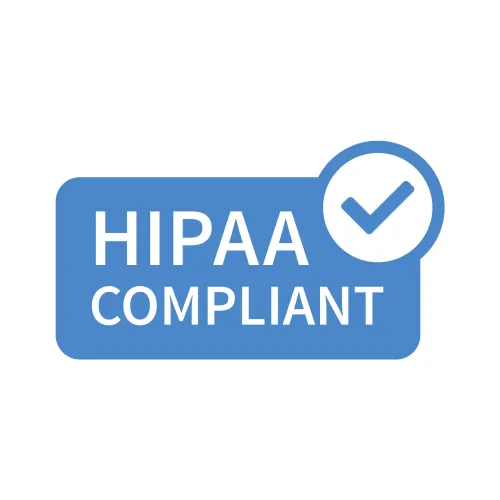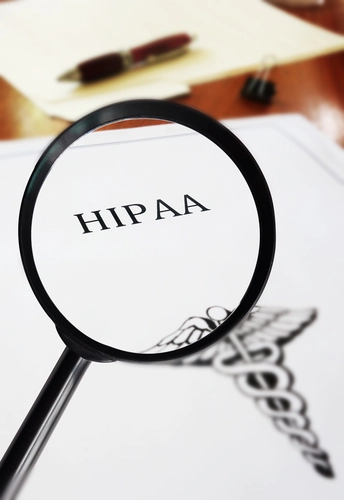Pediatric Coding Alert
Patient Privacy:
Patient Satisfaction Survey Could Belie HIPAA Breach
Published on Wed Aug 03, 2016

You’ve reached your limit of free articles. Already a subscriber? Log in.
Not a subscriber? Subscribe today to continue reading this article. Plus, you’ll get:
- Simple explanations of current healthcare regulations and payer programs
- Real-world reporting scenarios solved by our expert coders
- Industry news, such as MAC and RAC activities, the OIG Work Plan, and CERT reports
- Instant access to every article ever published in Revenue Cycle Insider
- 6 annual AAPC-approved CEUs
- The latest updates for CPT®, ICD-10-CM, HCPCS Level II, NCCI edits, modifiers, compliance, technology, practice management, and more
Related Articles
Other Articles in this issue of
Pediatric Coding Alert
- Vaccines:
3 FAQs Help You Collect for 90460--Which May Bring in More Money Than You Think
Hint: Counseling is not optional with this code. Your practice is probably reporting immunization code [...] - Modifiers:
Latest Fee Schedule Proposal Could Alter How You Use Modifier 25
CMS doesn’t appear happy with the rampant modifier 25 usage on cerumen removal and more. [...] - ICD-10:
5 Quick Examples Ease Your Otitis Media Diagnosis Confusion
Determine how you’d code these common scenarios. Most pediatric practices can’t let a day pass [...] - Patient Privacy:
Patient Satisfaction Survey Could Belie HIPAA Breach
Sometimes, just being associated with a certain practice is considered a breach. Sure, you know [...] - You Be the Coder:
Don't Look to 90863 for Med Management
Question: Which code(s) should we report to describe our services providing medication management? We tried using [...] - Reader Question:
Look to 'R' Series for Nosebleed
Question: A two-year-old patient came to our practice with a nosebleed that started earlier that morning [...] - Reader Question:
Find the Positive in 'All Others Negative'
Question: Our pediatrician always marks “all others negative” in the EMR for his review of systems [...] - Reader Question:
Note These Key Speech Therapy Code Differences
Question: When should we use the speech therapy code 92507 versus the cognitive skills code 97532? [...]
View All




